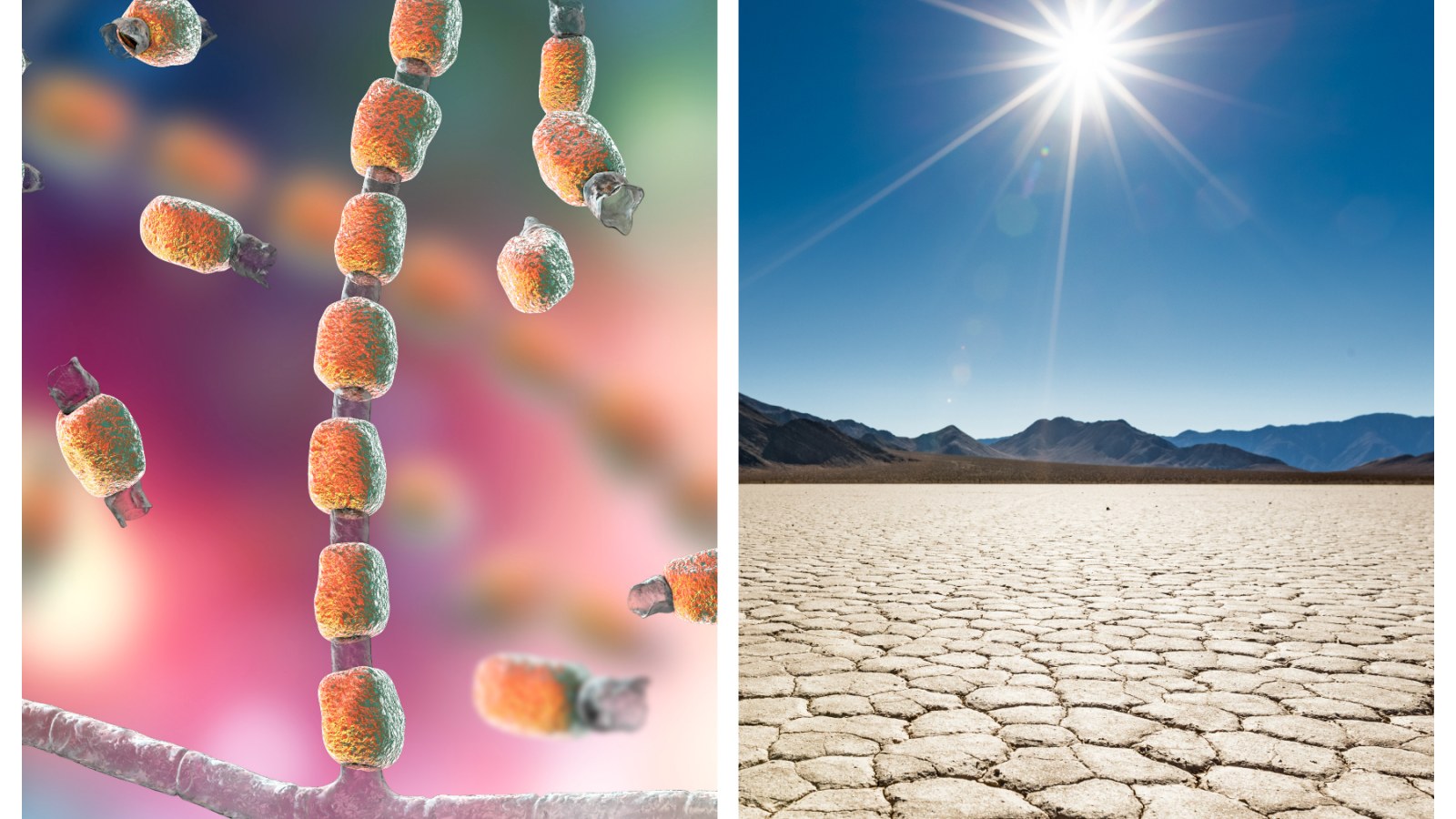When spring hits its full stride in Iraq’s Kurdistan Region, hillsides turn from brown to green almost overnight. Seasonal streams course with water, creating a network of tributaries that flow into the historic Tigris and Euphrates rivers.
On a Friday in March, Nabil Musa led a group of young people out into nature for a hike. It was, for him, an ideal way to teach them about their important role in protecting the area’s increasingly fragile ecosystem—just one of the many small actions he has undertaken to help his community reckon with the effects of climate change, pollution, and drought.
Formally, Musa is the waterkeeper for Iraqi Kurdistan as part of a group known as the Waterkeeper Alliance, a worldwide grassroots network of environmental activists that has its origins in a group created in 1966 by fishers in New York to clean up the Hudson River. He also runs a local initiative called Experience Wilderness, which helps people connect with the natural world, and is active in the local art scene.
His group that day consisted of 15 refugees from Qamishli, a predominantly Kurdish town in northeastern Syria. They currently live in the Arbat camp in Sulaimaniyah governorate, where approximately 9,000 internally displaced Iraqis and Syrian Kurdish refugees who fled the Islamic State and Turkish military interventions have settled. Many have been there for years with little prospect of returning home.
Musa led the teenagers on a day hike through Kani Shok, a dramatic gorge that cuts through a mountain ridge an hour’s drive north of the camp. “It’s going to be tough,” Musa warned them. He wore gray hiking pants and a blue tie-dye quick-dry shirt for the outing, while the teens followed him in clunky tennis shoes and jeans.
Musa grew up in Sulaimaniyah in the 1980s, when Iraq fought Iran in a devastating eight-year war that involved trench battles, ballistic missiles, and chemical weapons. Combat was heavy along the northern front, with the border just 30 miles from Sulaimaniyah. Kurdish Peshmerga fighters occupied the mountains to the north and launched hit-and-run raids on the Iraqi Army down in the valleys. Musa’s father worked at the sugar processing factory in the city, and Musa said he remembers hearing air raid sirens warning of Iranian jets overhead.
His family lived in a house near the Sarchinar River, on what was then the western edge of the city. The riverbanks were lined with willow trees and blackberry bushes where foxes hunted. Musa’s job was to tend flocks of sheep in meadows along the river, which was deep enough to swim in year-round.
By 1996, Musa was working as an actor and artist. The main political parties in the Kurdistan Region were fighting a bloody civil war. Musa decided to leave, making his way across Europe, eventually reaching the United Kingdom and settling in Nottingham, where he worked in restaurants, warehouses, and theaters.
After 10 years, he returned to Sulaimaniyah to be closer to his family, but he found it a changed place. The birds and willows were gone, and the Sarchinar River no longer flowed in the summer. This sense of profound loss pushed him to become an activist. “It was heartbreaking to see it in this shape,” he said. “It was not the river I left, and all my dreams were gone.”
As we made our way to the gorge, we crossed a bridge over the Sarchinar River. Musa remarked that the water level was very low for March, just a slim current meandering through the deepest parts of the gravel bed. It had not rained much over the previous three years, creating a persistent drought, and a rainier winter this year had only begun to chip away at the deficit.
“This water is vulnerable,” he said. “When we neglect and abuse it, the water cannot shout, and the water cannot say, ‘Don’t do this to me.’”
The rivers that feed the Mesopotamian Basin are heavily dammed by Turkey, Iran, Syria, and Iraq, with downstream communities suffering from significantly reduced water flow. Blocking the watercourses also changes their ecology, altering temperature and chemical composition and destroying the habitats of the fish and other wildlife that need the rivers in order to live. Activists from across the region are sounding the alarm about the accumulating damage of climate change, drought, and pollution to the environment and local populations. A change to one part of the watershed inevitably affects all the others. What upstream communities choose—or fail—to do can mean that those who live downstream end up bearing the cost.
In a phone interview, Salman Khairalla, an Iraqi environmental and human rights activist who frequently collaborates with Musa, said, “We talk about the environment from political, economic, and social perspectives.” Khairalla is co-founder and CEO of the water advocacy group Humat Dijlah—“Protectors of the Tigris” in Arabic—which is largely funded by foreign foundations. “When we talk about water and the environment, we link those topics with job opportunities, counterterrorism, and infrastructure,” he said. “We link it with what the people want.”
Khairalla became an activist after sectarian fighting displaced him and his family from the southern Baghdad neighborhood of Dora in 2006. They moved to Basra, where he began volunteering for Nature Iraq, a nongovernmental organization that focuses on the environment. During visits to Iraq’s southern marshes, he witnessed how drought and pollution were killing farmers’ livestock and driving them off their land, and he empathized with their experience of displacement.




